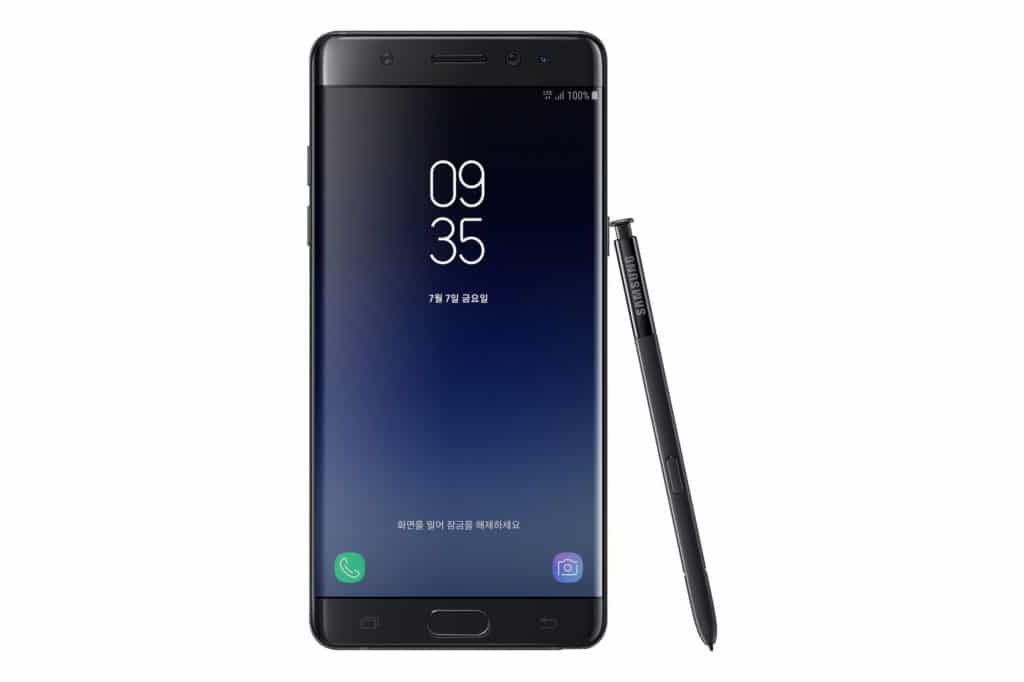
Wall Street Journal reports that Samsung’s haste decision to recall the Galaxy Note 7 on preliminary laboratory reports played a key role in the company ultimately killing the handset for good. When reports about Galaxy Note 7 exploding started popping up from various parts of the world, Samsung engineers scrambled to find the exact cause of the problem.
A laboratory test indicated that some of the batteries supplied to Samsung by its subsidiary Samsung SDI Co. had a protrusion that probably played a role in the explosion. It was not a definitive answer that Samsung was looking for, but in a bid to act quickly, the company put the blame on the faulty batteries supplied by Samsung SDI and decided to recall all the Note 7 units it had sold worldwide.
This haste decision ultimately cost Samsung its goodwill and reputation since despite its word, replacement Note 7 units that came with different batteries kept exploding across the world. While Samsung did not accept it publicly, this only meant that its initial diagnosis of the problem was incorrect. Finally, to salvage its reputation and in the interest of consumer safety, Samsung killed the Galaxy Note 7 for good and recalled all the units it had sold to consumers.
“We recognized that we did not correctly identify the issue the first time and remain committed to finding the root cause,” a Samsung spokeswoman told WSJ. “Our top priority remains the safety of our customers and retrieving 100% of the Galaxy Note 7 devices in the market.”
Even now, a couple of weeks after Samsung pulled the plug on the Galaxy Note 7, the company has no definitive answer as to why Galaxy Note 7 units across the world were exploding. Since Samsung engineers are busy working on finding the root cause behind the Note 7 explosion, the company has also had to delay the development of the Galaxy S8 by a couple of weeks. With the phone expected to be unveiled at MWC in February next year, the Galaxy S8 team over at Samsung is already working on a tight schedule and such delays might ultimately force the company to delay the launch of its flagship handset next year.
[Via Wall Street Journal]















